The love that Joyland is receiving from critics and festivals across the world is unparalleled for a Pakistani film. It won 2 awards at the Cannes Film Festival and has been lauded as a masterpiece by some.
However, Pakistani filmmakers have made experimental films and artistic cinema many times before in our history. It’s just that people simply don’t have a clue about them.
Due to lack of promotion or lack of reach to the worldwide film festival circuit, those films have never gotten the love they deserve. In some cases, they did get a lot of love abroad, but never at home.
Here are 5 Pakistani films you’ve never heard of.
1. Karishma (1968)
People speak of Jago Hua Savera by Faiz Ahmed Faiz and Ghoongat by Khwaja Khursheed Anwar because they were sent to international film festivals. However, no one speaks of Karishma. Filled with cryptic dialogue and a haunting soundtrack by Hassan Latif, the film casts a spell from the very beginning. The dialogues by Riaz Shahid do justice to the macabre setting in the remote hills of the North.
Starring Neelo and Mohammad Ali along with Aslam Parvez, the film narrates a story of a marriage marred by an unspoken past. Directed by the brilliant Jameel Akhtar who’s previous work had included the Nigar Award winning Khamosh Raho, used very similar somber filmmaking, shadows, and an eerie atmosphere to construct the world of Karishma.
However, the film’s slow pace and gradual unravelling of the plot didn’t appeal to audiences. There was also no riveting climax that would attract casual filmgoers. And so, the film flopped at the box office.
You can watch Karishma on YouTube.
2. Beyond the Last Mountain (Musafir)(1976)
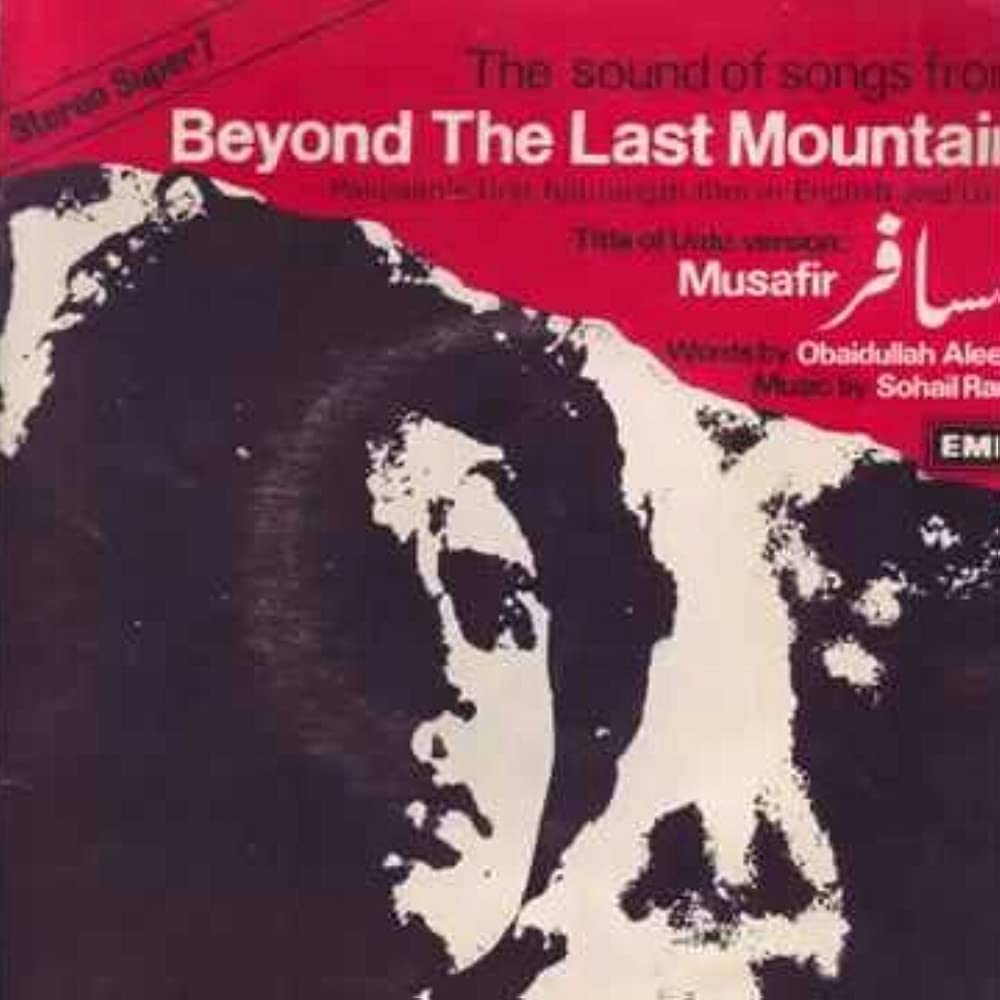
Javed Jabbar’s only feature film called starred a ton of recognizable faces from PTV. Subhani Bayounus, Shamim Hilaly, Zahur Ahmed and Usman Pirzada were all part of this new age feature. The incredible Sohail Rana composed music for the film including the beautiful “Hum Rahi Aisi Raahon Ke”.
The film however, was a flop at the Pakistani box office, even though it received rave reviews abroad. International critics described it as a great step forward for Pakistani Cinema. Unfortunately, the film has been lost over the years and can’t be seen in its entirety. There are a few clips of the music of the film on Mehreen Jabbar’s YouTube channel.
However, for those curious about the film, there is an ongoing effort to restore it. Javed Jabbar found a print of the original film that was sent for consideration at the New York Film Festival and never returned. Javed Jabbar plans to digitally remaster it for release some time in the future.
3. They are Killing the Horse (1978)
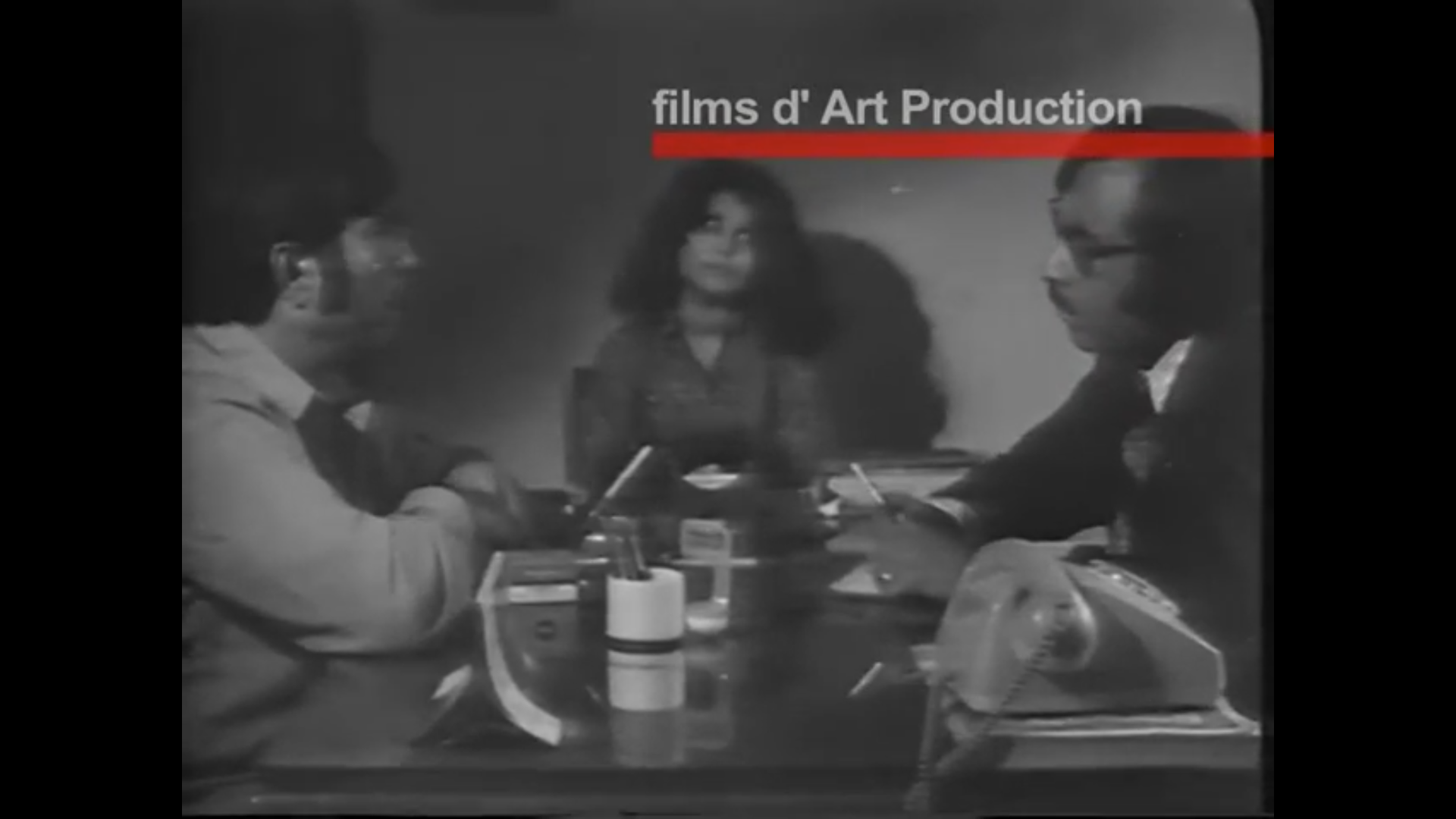
Directed by Mushtaq Gazdar, the well-known documentary filmmaker from Pakistan, this is as experimental as cinema can get. The entire film is about a young woman who suffers a nervous breakdown due to the circumstances surrounding her.
The film features a psychiatric evaluation of the woman featuring flashbacks of her memories observing the Muharram processions and the sadness in her life that follows. At 30 minutes, the film is not a feature, but it’s definitely the most experimental film on this list.
You can watch it on YouTube on the Films d’Art channel; the organization that Mushtaq Gazdar created in 1967.
4. The Blood of Hussain (1980)
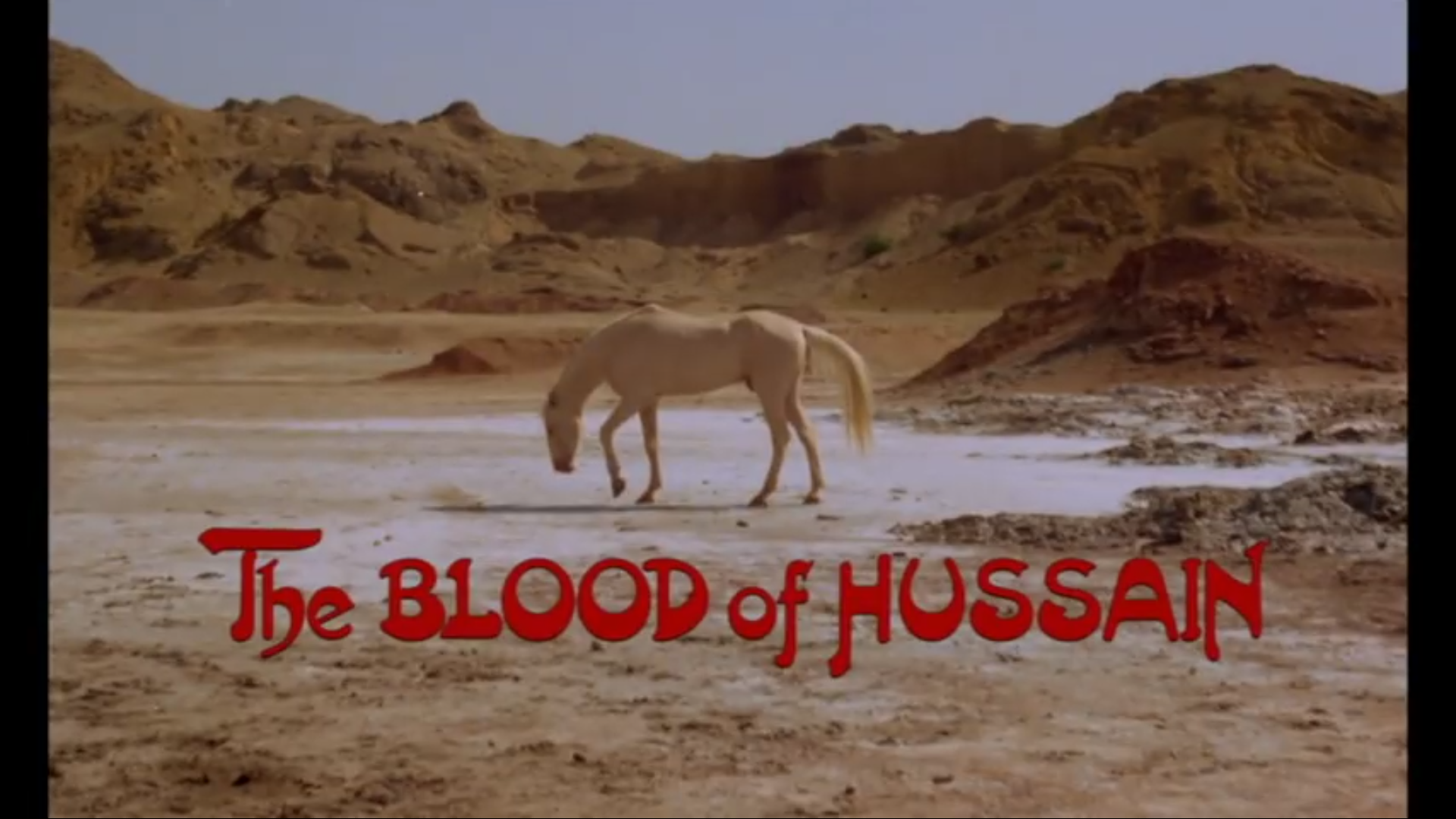
The Blood of Hussain was directed by Jamil Dehlavi, the man behind Jinnah (2000). Funded by a NAFDEC (National Film Development Corporation) grant in 1977, the film was about a young man named Hussain from a village in Punjab rising up against the new martial law regime in Pakistan that was stealing land away from farmers. The film portrayed his struggle as symbolic of the war of Karbala.
OF COURSE, THE FILM WAS BANNED IN PAKISTAN!
When the Bhutto government got wind of the plot, they banned it immediately. Luckily, Jamil Dehlavi got the original negatives out of Pakistan to Britain for post-production in time. However, soon after, Martial Law was declared in the country and he couldn’t leave for 3 years. After he finally flew to Europe, Jamil Dehlavi used some of General Zia Ul Haq’s speeches as inspiration for a radio broadcast in that announces the arrival of the new dictatorial regime. He added that speech to the final cut.
Either way, the film was finally released in 1980 and screened at the Cannes Director’s Fortnight. That’s right, Joyland wasn’t the first Pakistani film screened at Cannes after all.
The film stars Salman Peerzada, veteran actor Saqi, and Jamil Dehlavi himself. The entire film is on YouTube, but it’s not for the faint of heart. If nothing else, a Noha sung by Reshma sahiba in the opening itself will reduce you to tears.
Jamil Dehlavi has made a lot of other eclectic films including Towers of Silence (1975), Born of Fire (1987), and Immaculate Conception (1992). However, none of his films are as explosive and as relevant to Pakistan as Blood of Hussain.
5. Khamosh Paani (2003)
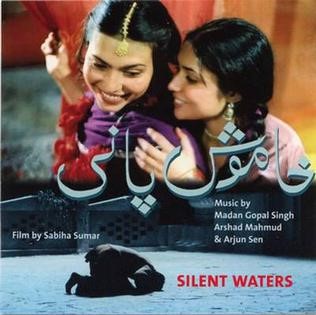
And Indo-Pak production, Khamosh Paani was directed by Pakistani director Sabiha Sumar. It starred Abid Ali, Salman Shahid, Kirron Kher, Shilpa Shukla and Aamir Ali Malik. The film was about how Pakistan changed during the dictatorship of General Zia Ul Haq and the subsequent radicalization of young men to fight in the Afghanistan war of 1979.
Khamosh Paani is a story of two generations: one from the times of the partition of India and the other from the late 1970s. It’s about how both experienced the pain of loss due to forces they could not control.
The film went on to win the Golden Leopard prize for Best Film at the Locarno Film Festival; the most prestigious film festival in Switzerland, and one of the oldest in the world. It also won 6 other awards at the same festival.
Khamosh Paani saw a wide release all over Europe and the US, as well as in India. However, it did not get a wide release in Pakistan. It was however screened at the Kara Film Festival.
Khamosh Pani is available to watch on Dailymotion.

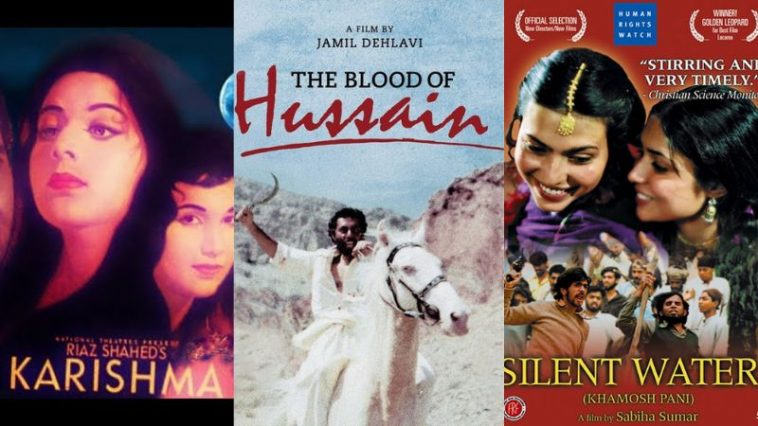
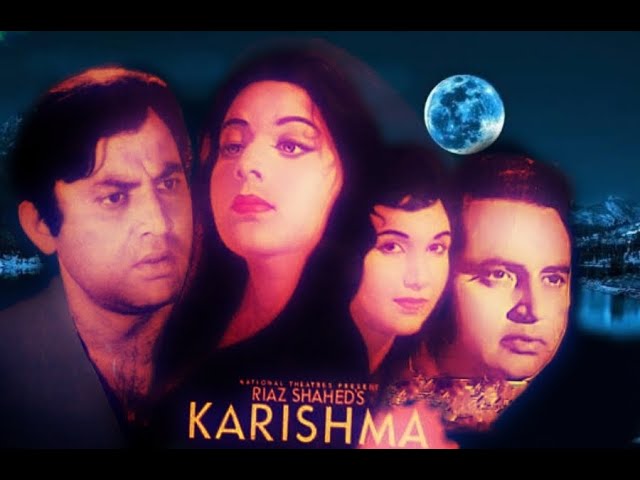

Comments
0 comments